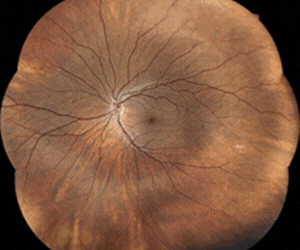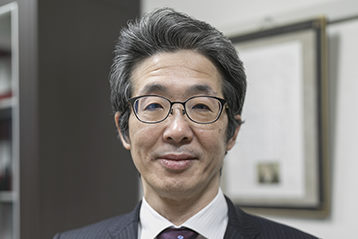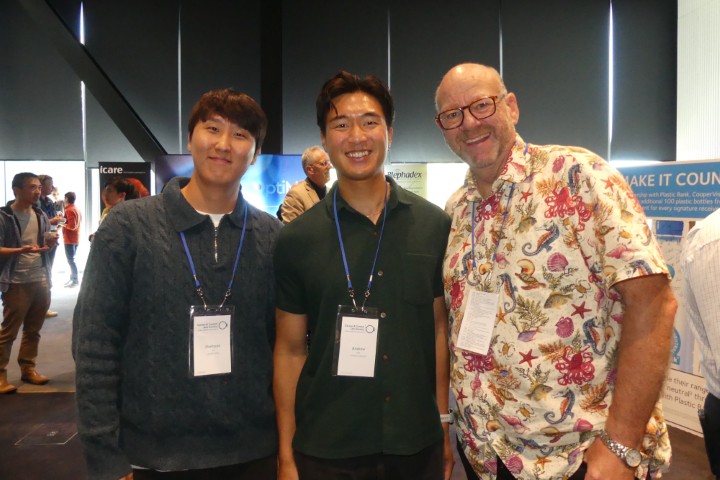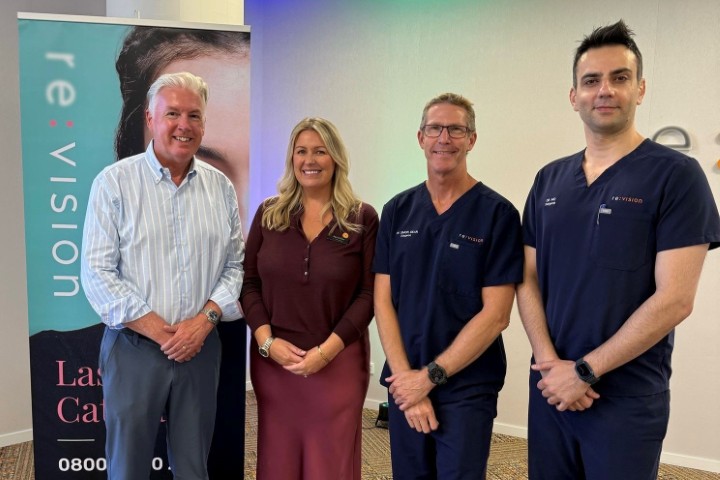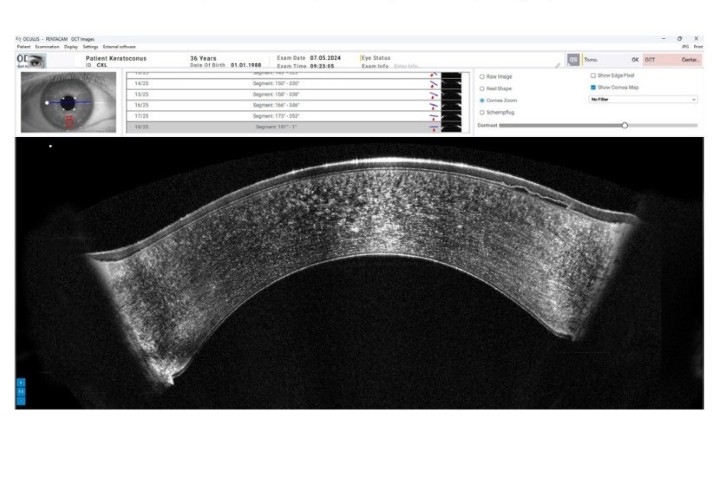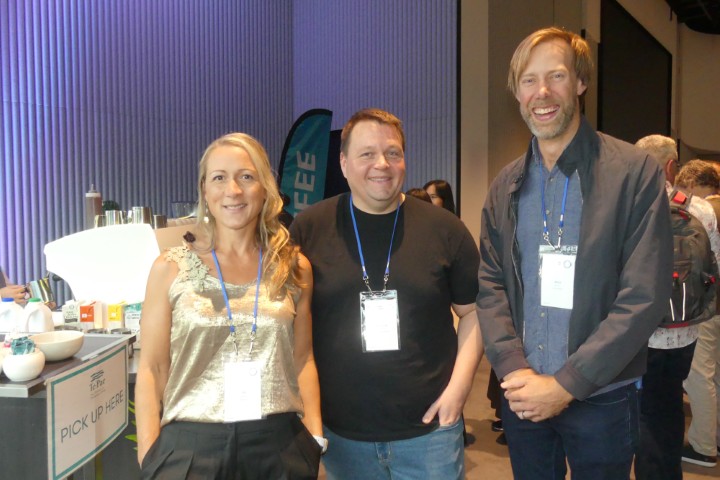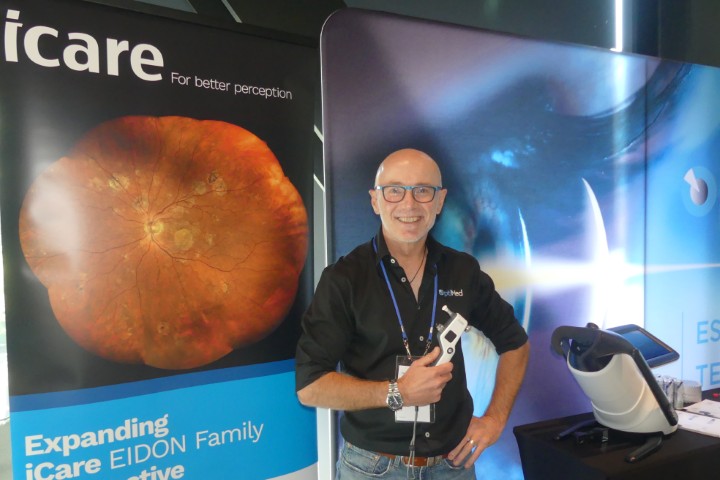Artificially-derived stem cells for cornea patients
Japan's health ministry has conditionally approved a clinical trial to treat patients with corneal disease with artificially derived stem cells.
The corneal test, the sixth case authorised by the Japanese government using induced pluripotent stem (iPS) cells, will be conducted by a team of researchers from Osaka University led by Professor Kohji Nishida.
The study team will transplant 0.05-millimeter thick, sheet-like, corneal tissue produced from induced pluripotent stem (iPS) cells into four adult patients with corneal epithelial stem cell deficiency. The disease, which results in corneal haze and loss of vision, is caused by losing cells in the eye due to illness or injury.
A total of 1,600 patients are waiting for corneal donations in Japan, according to an estimate by the ministry, thus the Osaka University team's treatment may become a new option for such patients. The first transplant operation could be conducted as early as June, the team said, after satisfying the ministry’s requirement for more detailed documentation for patients before the trial is conducted.
The iPS cells were developed by Kyoto University's Dr Shinya Yamanaka, who won the 2012 Nobel Prize in physiology and medicine for the achievement, and can be grown into any type of body tissue.
The Japanese government-backed Riken Institute conducted the world’s first transplant of retina cells grown from iPS cells in 2014, while Kyoto University initiated a clinical trial using iPS cells to treat Parkinson’s disease last year.






